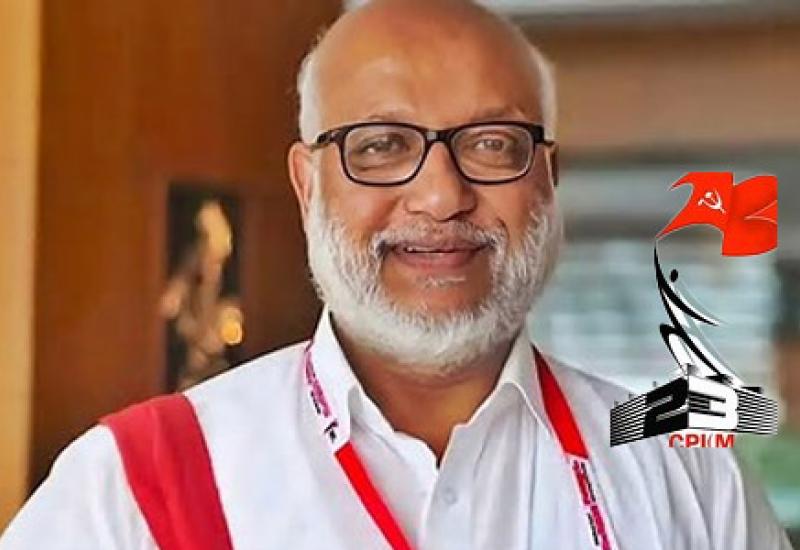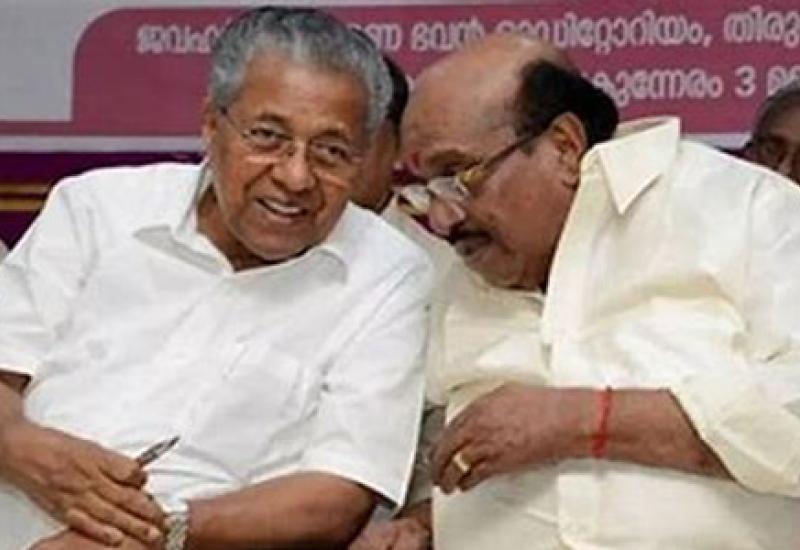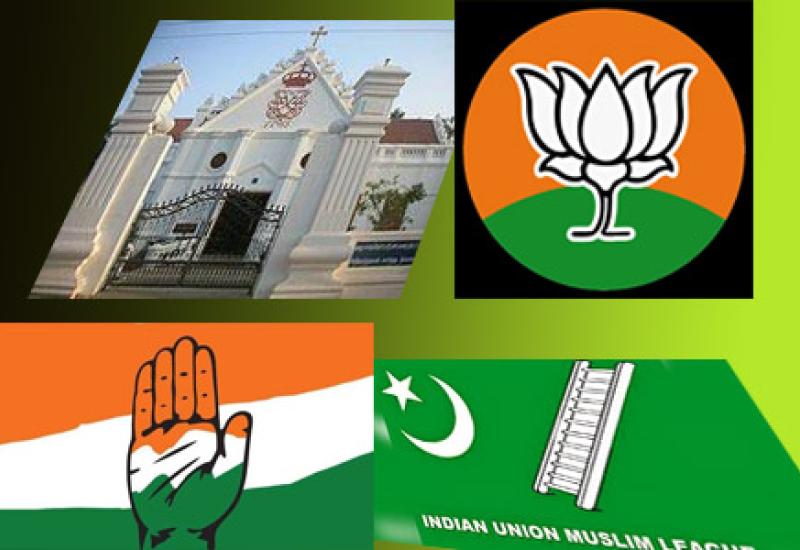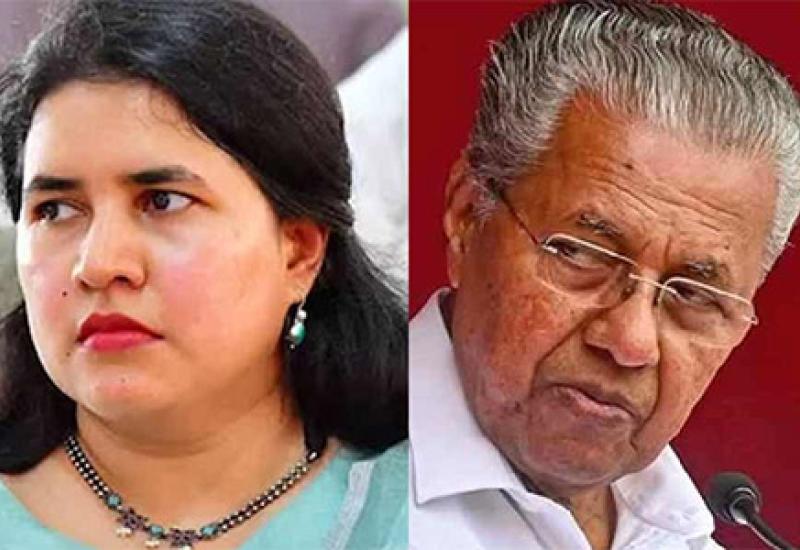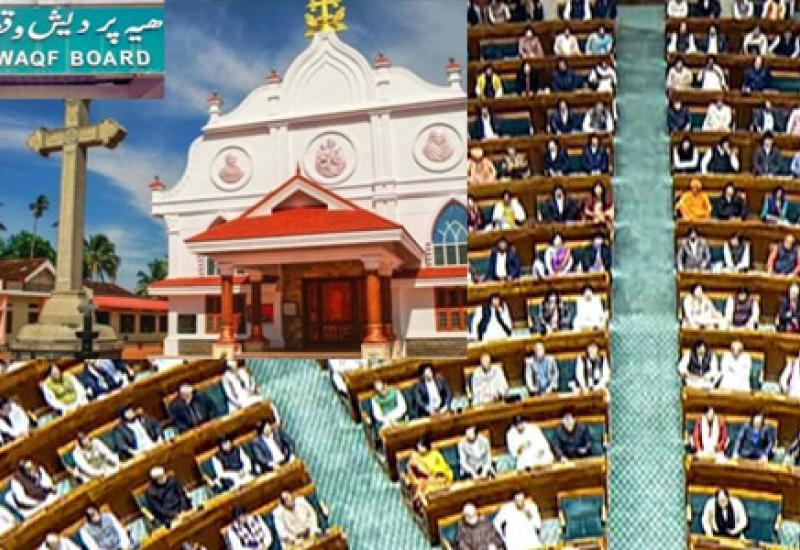The trap Congress is in
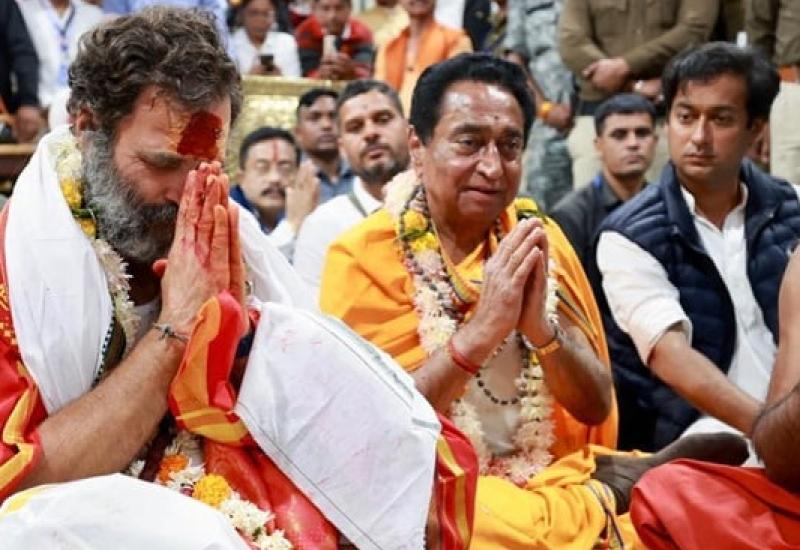
If the Congress party endorses certain stances or engages in actions with ritualistic significance, it often becomes entangled in controversies, primarily originating from within the party. A recent example is the dilemma over attending the opening ceremony of the Ram Mandir in Ayodhya. Former Kerala Pradesh Congress Committee President V.M. Sudheer ignited the controversy by urging the party leadership to refrain from playing the "soft Hindutva" card at the temple committee's invitation. He asserts that such a move would be detrimental to the party, as Soft Hindutva frequently traps the Congress. Critics within the party who advocate distancing from religion are far away from the reality. The BJP strategically revolves around Hindu sentiments, successfully intertwining them with national cultural symbols for electoral gains. In North India, a significant portion of the Congress party's rank and file aligns with Hindu rituals and religion. Choosing not to attend the Ram Mandir's inauguration could be construed as disrespecting the national legacy and hurting Hindu sentiments, potentially alienating the Congress workers. Despite attempts to emphasize secularism, it might be perceived as appeasing the Muslim minority at the expense of insulting Hindus—a costly stance for the Congress party. Over time, the intellectual class in the country, following Jawaharlal Nehru's secular tradition, created a narrative that secularism involves complete detachment from all religions, akin to denying religion in the Western model. The mainstream media subscribes to this paradigm. Without addressing the intertwined nature of cultural legacy and Hindu religion, no political party can thrive in the nation's politics. Until the Congress party articulates a clear stance on this matter, influencing Indian minds will remain challenging. This presents the real trap the party is currently ensnared in, while the ruling BJP adeptly maneuvers religious sentiments for political success.



